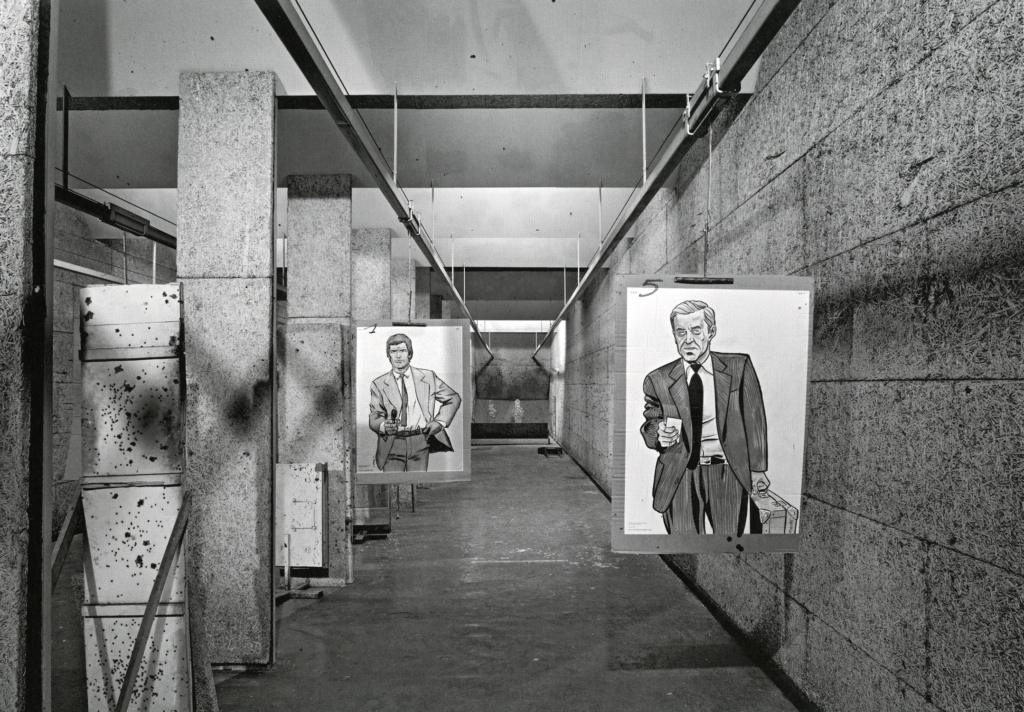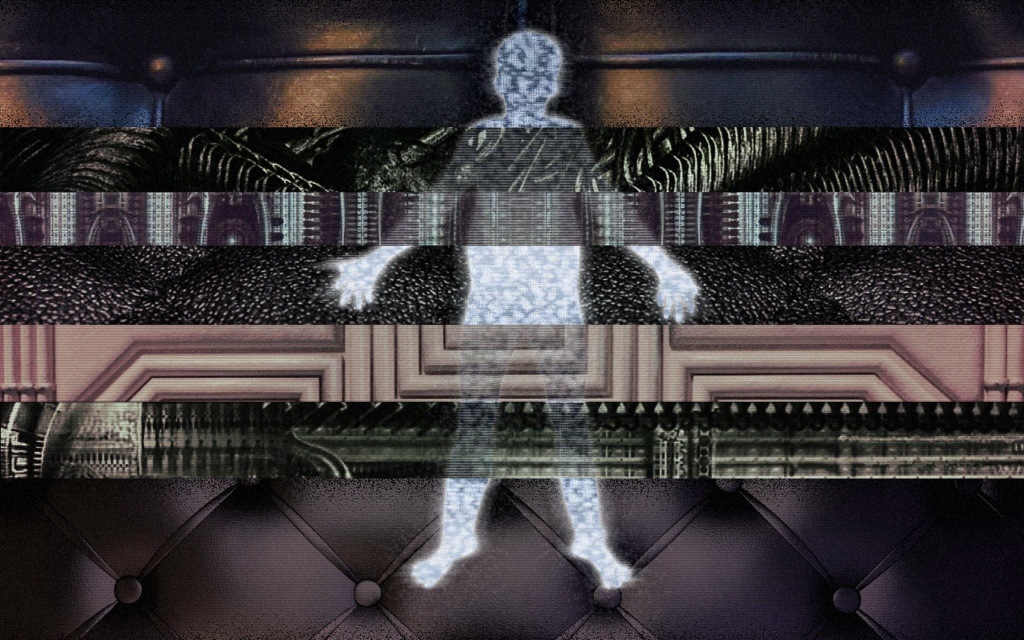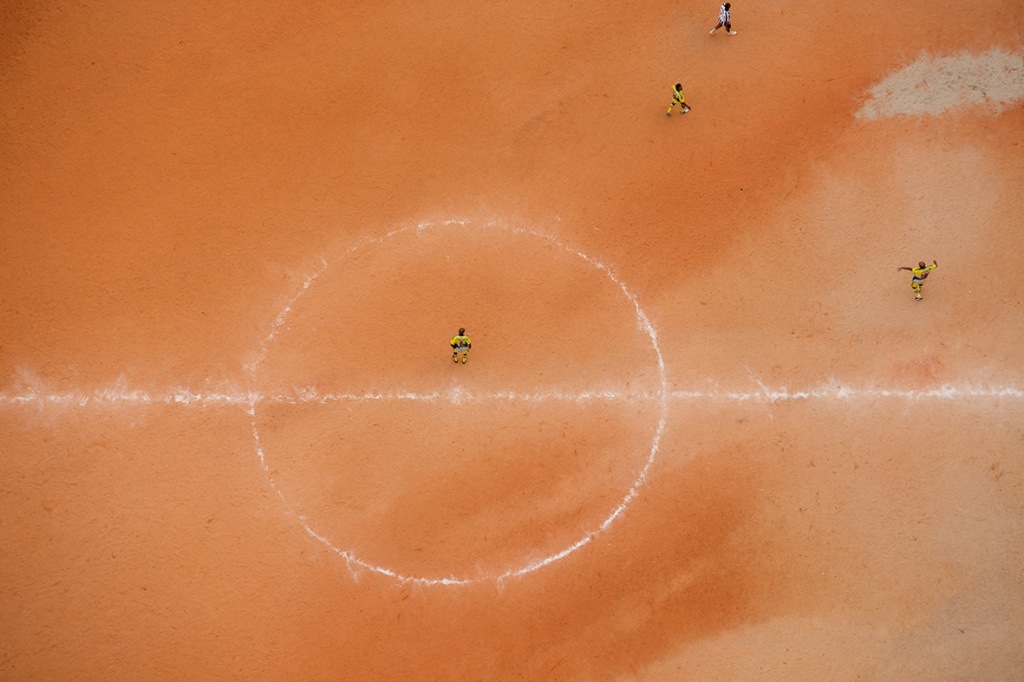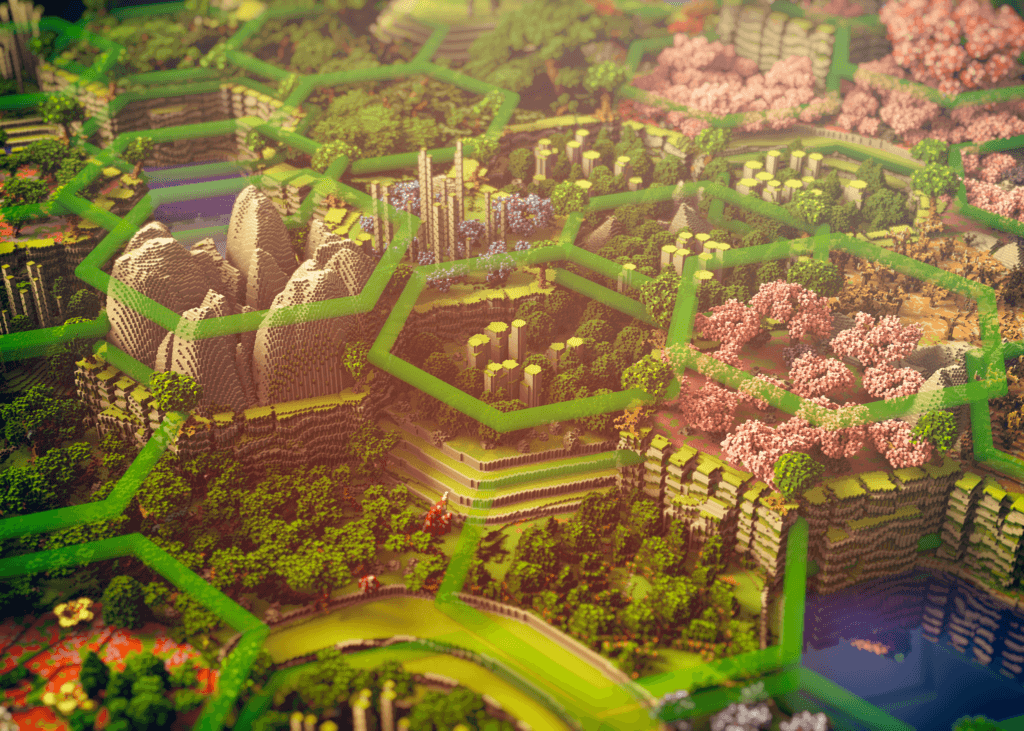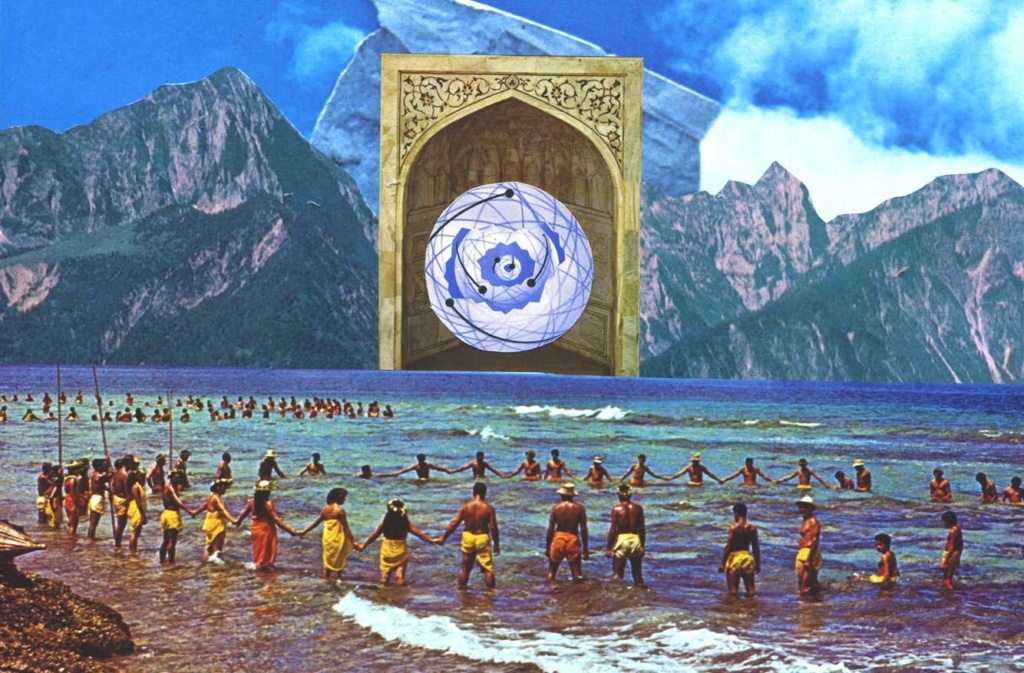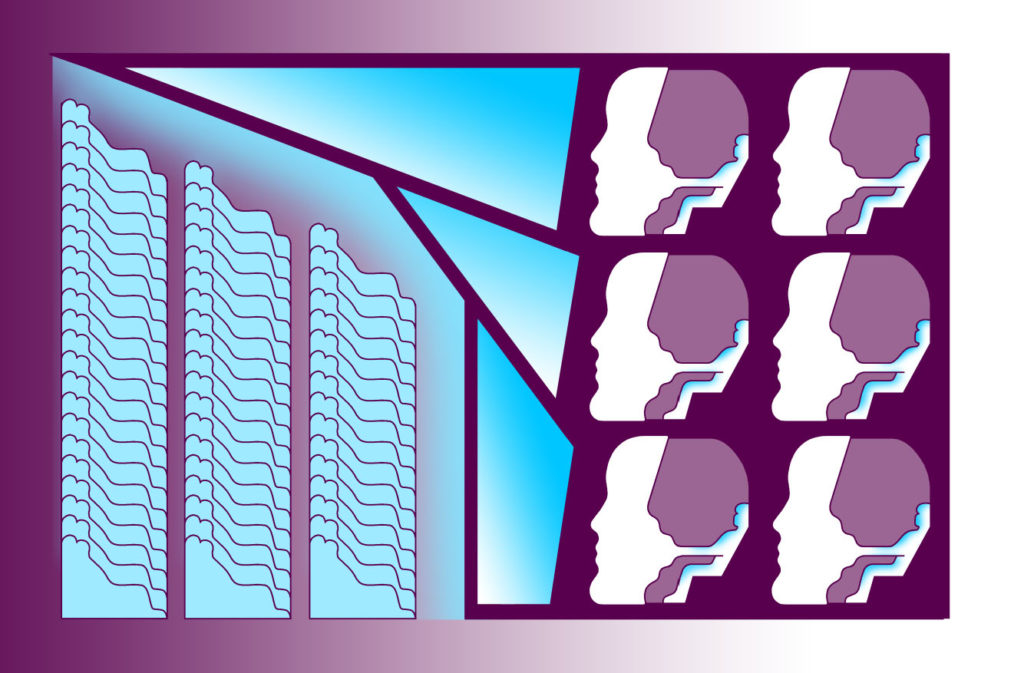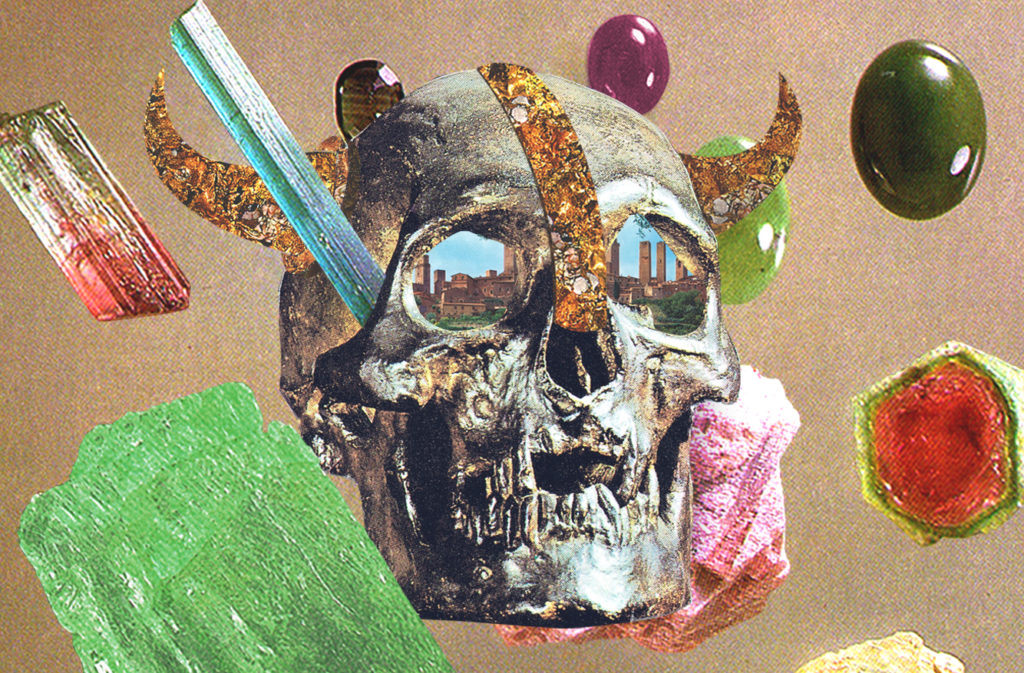Topics
Gaming
All work and all play
Blame It on the Game
Right-wing ideologues are happy to see the violence they stoke attributed to video games
New Sensation
The military use of haptics technology includes ideological indoctrination
Passion Play
In the early 2000s, optimistic commentators expected the internet to generate a more participatory culture, in which fans gained more control over the entertainment properties they were invested in emotionally. But participation is not an intrinsically positive force: It has since become a means of fostering overinvestment, obsession, and frustration — volatile social energies with unpredictable social consequences
Throne of Games
The gaming chair has evolved into a series of elaborate and often bizarre contraptions that hold the body in place, suspending those parts unnecessary for gaming. While they advertise comfort and endurance, they often seem to tap into a desire for self-obliteration.
The Face of the Franchise
Our sports fantasies are tied to the media we use to consume them. Video games have followed suit: They aren’t simulating the play of sports but building an interactive TV broadcast. Playing these games indulge the fantasy of becoming a celebrity. Sports video games don’t simulate sports so much as the thrill of building a brand.
Open Worlds
As people grow nostalgic for older open-world games like Minecraft, the newer ones more explicitly indoctrinate players into the protocols of developing human capital. A game like Roblox seems to encourage creativity only when it has the potential to make money: through development, or through buying and selling in-game merchandise.
Running the Numbers
Numbers Game
As game mechanics have become more common in more facets of daily experience, games themselves have begun to seem more like everyday life. Fortnite shows us the possibility of opting out, however temporarily, even if we don’t reject the premise of the game itself. Game dynamics need not dictate every aspect of behavior, even within an actual game. This lesson is more useful than the belief that we can simply escape to a reality free of games.
Well Played
Well Played is a monthly column about video games and how they both reflect and shape capitalism’s development. What role do they play in reproducing society, transforming ideology, and sustaining capital’s pool of labor? The answers suggested here are meant as openings rather than conclusive statements; exceptions to some claims may be obvious, but these don’t nullify the general trends, which must be met with social resistance. This series is offered as a contribution to a map of the territory for those who would join that conflict.
Player One
In the 1950s and 1960s, video games were the redemptive project with a project that might redeem the horrific effects of surplus war technology. Today the fantasy has shifted: They seem to offer a loosely redemptive path out of the immiserating economy that depends on information technology. In both cases, games are the heroic catalyst that transforms the bad to good, the solipsist to hero, the pain of the present to the gentle embrace of the future.
Free Roaming
Many RPG computer games allow you to keep playing after you’ve finished the main story. In a world gone slack without a narrative, a character, alone and aimless, has a life for the first time. His movements become ultimately absurd. This RPG existentialism reminds us we’re often stuck in somebody else’s computer game, life devoted to the frantic pursuit of all-consuming means to paltry ends.
Jocks Without Borders
There is a deep-rooted tendency to associate sports with moments of courageous overcoming, with displays of physical strength, grace, and beauty. E-sports contain literally none of these, which means they are well-positioned to reveal all the other things that actually make up sport: the reification of competition, patriarchal nationalism, and the formation of hierarchal social groups anchored in the protocols of spectatorship.
Clash Rules Everything Around Me
Clan Prestige kicked me out immediately; Clan Friendship kicked me out for donating weak troops; Clan Love communicated mostly in Arabic. So I stayed awhile in the dead-silent Clan Maturity, left a week later for Clan Corgi Butts, and ended up where I always suspected I belonged: In the Trash Clan.
